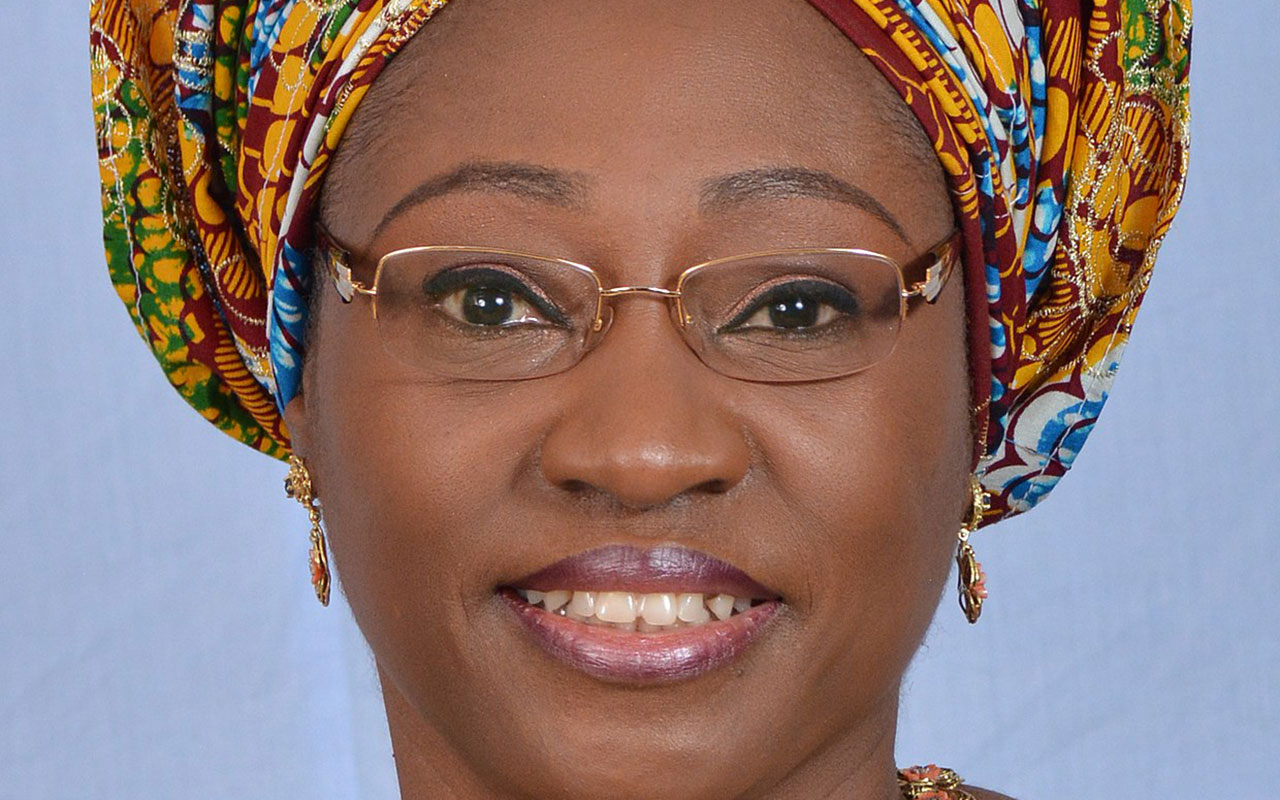
Wife of former Ekiti state Governor, Erelu Bisi Fayemi have emphasised the need for Nigeria to stop fueling practices, beliefs and stereotypes that undermine the physical and emotional well-being of women and girls to combat all forms of Gender Based Violence (GBV).
The former Ekiti state first lady made this call on Monday in Abuja during the launch of invictus Africa Womanity Index (GBV) 2023 Report on Sexual and Gender Based Violence (SGBV) conducted in partnership with BudgIT foundation and the Ford Foundation.
The report provides a comprehensive assessment of Nigeria’s 36 state governments and the FCT based on their commitments to preventing and responding to Gender-Based Violence (GBV) and creating a safe and inclusive environment for all.
According to Fayemi, all harmful traditional practices which minimise the personhood of women must be avoided as well as the thriving culture of impunity, anchored on the shaming and intimidation of survivors resulting in lack of access to justice.
“Their time has passed. Widow abuse, FGM, child marriage, male preference, disinheritance of women and so on, are not compatible with the doctrine of inalienable human rights.
“Patriarchal norms, attitudes and beliefs that normalise physical, sexual, psychological and economic violence as well as gender stereotypes and mindsets that ascribe a lower status to girls and women must also be checked.
“Gender equality and women’s empowerment continues to remain a priority. Women’s economic empowerment, education, and their full and equal participation in public and political life are vital for addressing the structural causes of violence against women and girls.” She said.
Lamenting the woefully inadequate implementation and enforcement of GBV laws in the country, she regretted that the development has created the basis for a pervasive culture of impunity.
“We still have significant gaps and challenges, and we should all be concerned about our lack of institutional capacity to enforce laws and policies.
“Inadequate implementation frameworks, lack of reliable data, lack of financial, technical, material and human resources, lack of cohesion and coordination, insufficient analysis and research, lack of continuity, and much more, make implementation extremely difficult.”
Fayemi called on State Governors to establish a Sexual Assault Referral Centres (SARC) in their respective states regardless of whether there is donor funding available or not.
“GBV Survivors also need support to enable them make empowering choices. This is why we need a GBV Survivors’ Fund to make this happen. In Ekiti State, this Fund has been used to help over 500 women seek new accommodation, return to school or start a business.
“Alongside resources for the care of GBV Survivors, we need investments in our Mental Health infrastructure because of the links between mental health and GBV.”
Me anwile, inside the report also launched by Fayemi Abia, Ekiti, Imo, and Lagos states respectively were considered “Blue States” under the Laws and Policies Index, owing to the fact that they have established robust legal frameworks that criminilize GBV, outlawed customary and religious practices that perpetuate GBV.
The report noted that the states have made consistent and result-producing efforts at reforming and strengthening laws, policies, and customs on GBV prevention and response within an eight-year period.






